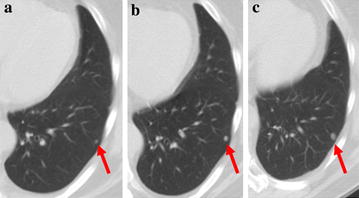
With a peak incidence in adolescence, osteosarcoma (OS) is the most common bone cancer in children and young adults. In order to achieve a cure, OS typically requires multi-agent chemotherapy to treat microscopic disease and surgical resection to rid the body of gross tumor.
As is the case with other high grade sarcomas, patients with metastatic or recurrent disease generally fare dismally with currently available therapies. Unfortunately, improvement in OS outcomes stalled nearly three decades ago.
Therapeutic agents for this complex tumor
The development of novel therapeutic agents has been disappointingly limited in this genomically complex tumor. The immunomodulating muramyl tripeptide phosphatidylethanolamine (mifamurtide) demonstrated promise when used in combination with standard chemotherapy but has failed to gather consensus support as evidenced by the agent receiving approval from the European Medicines Agency (EMA) but not the U.S. Federal Drug Administration (FDA).
The aminobisphosphonate zoledronic acid (ZOL) has shown encouraging preclinical activity in OS, leading to two multi-institutional trials. Children’s Oncology Group conducted a trial of ZOL in combination with chemotherapy in metastatic OS and concluded that ZOL could be feasibly administered with multi-agent chemotherapy.
The more recent French trial randomized localized OS patients to chemotherapy with or without ZOL but was stopped early due to futility, with ZOL found not to reduce the risk of treatment failure.
The results from the latter study in particular may slow or even halt further large-scale evaluation of ZOL in OS despite the exceptional tolerability and therapeutic promise demonstrated pre-clinically.
Prolonged progressive free survival
Single agent ZOL therapy led to a surprisingly prolonged median progression free survival of 19 months in four adult OS patients with unresectable tumors.
Recent experience published in Clinical Sarcoma Research demonstrated that single agent ZOL therapy led to a surprisingly prolonged median progression free survival of 19 months in four adult OS patients with unresectable tumors.
Each patient had previously failed standard chemotherapy regimens and surgeries. One of the four patients subsequently experienced further benefit with the addition of the tyrosine kinase inhibitor pazopanib after progressing on ZOL. All of the patients tolerated therapy well despite being on therapy for as long as four years.
While this report includes only a small number of patients, the prolonged benefit would have to be considered striking and perhaps suggests that ZOL may be best utilized outside the context of multi-agent chemotherapy.
It is conceivable that potentially detrimental interactions with chemotherapy may undermine the benefits of ZOL. Further, by focusing on the combination of ZOL with broad acting chemotherapy, opportunities to synergize ZOL with more targeted anti-cancer agents may be missed.
A single agent trial to formally study the efficacy of ZOL in recurrent or refractory OS patients merits consideration. Alternatively, ZOL may be most beneficial in combination with targeted anti-cancer agents such as tyrosine kinase inhibitors or mammalian target of rapamycin (mTOR) inhibitors, the latter having demonstrated potential synergy with ZOL in preclinical OS testing. Ultimately, further creative approaches may be necessary to fully explore the potential effects of ZOL in OS.
Comments